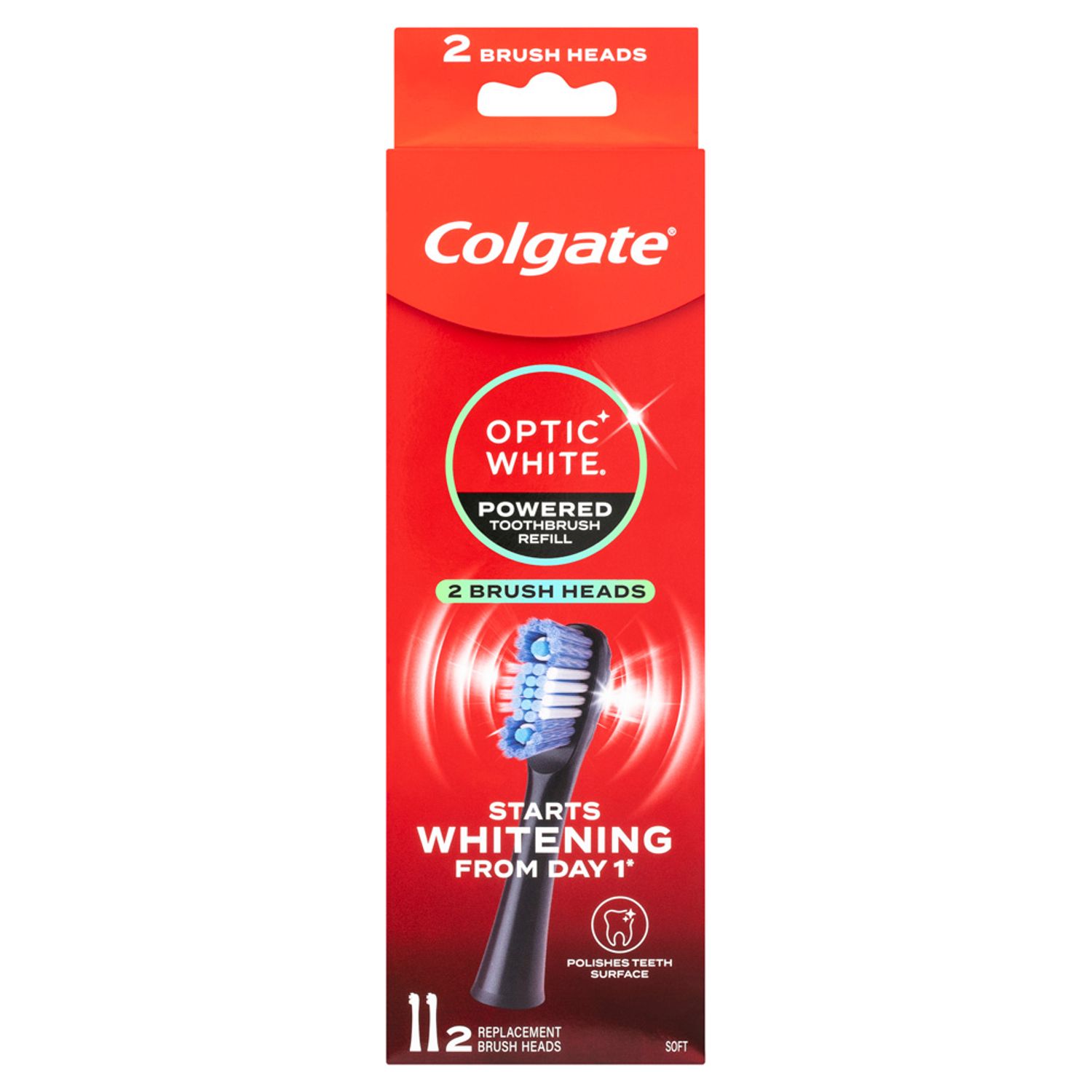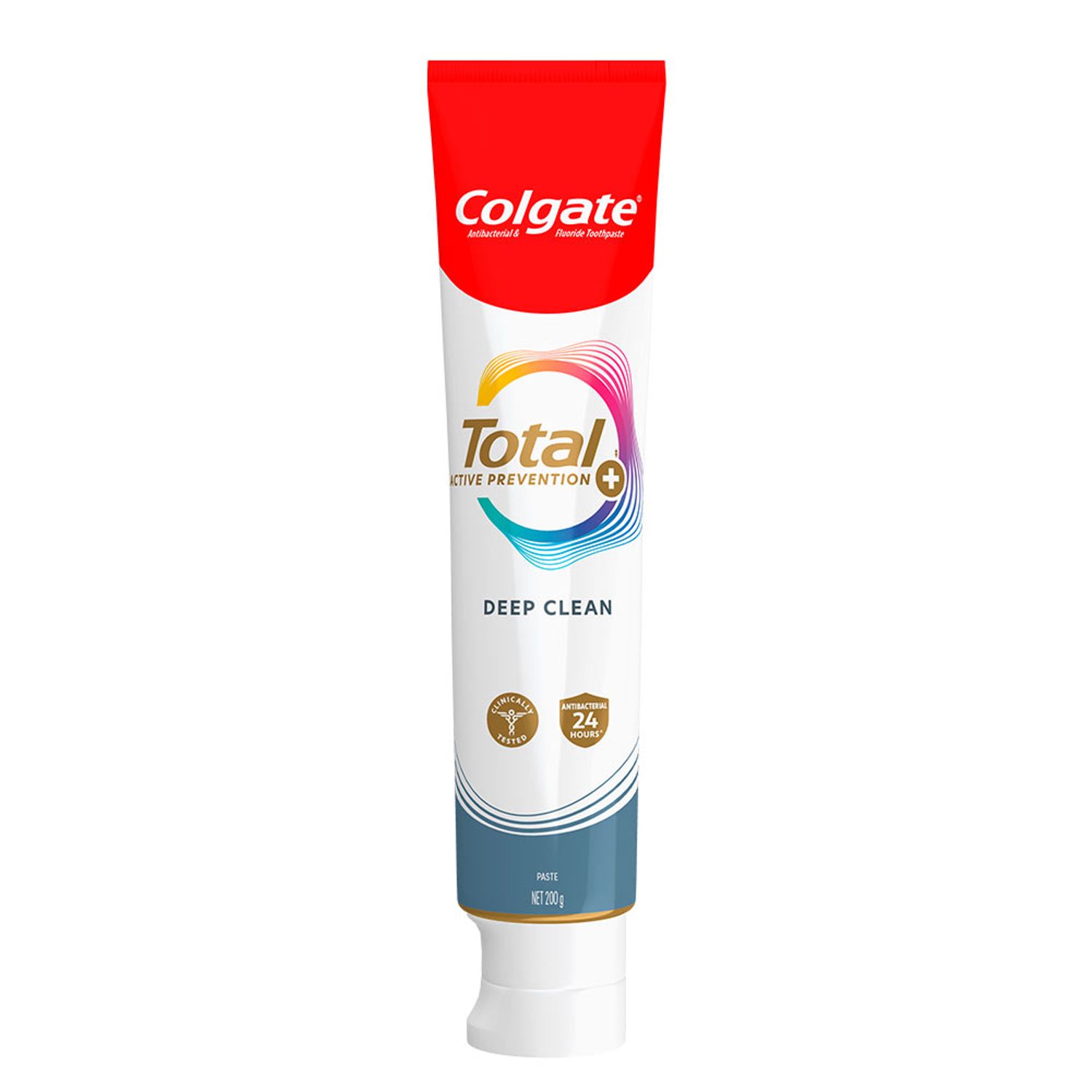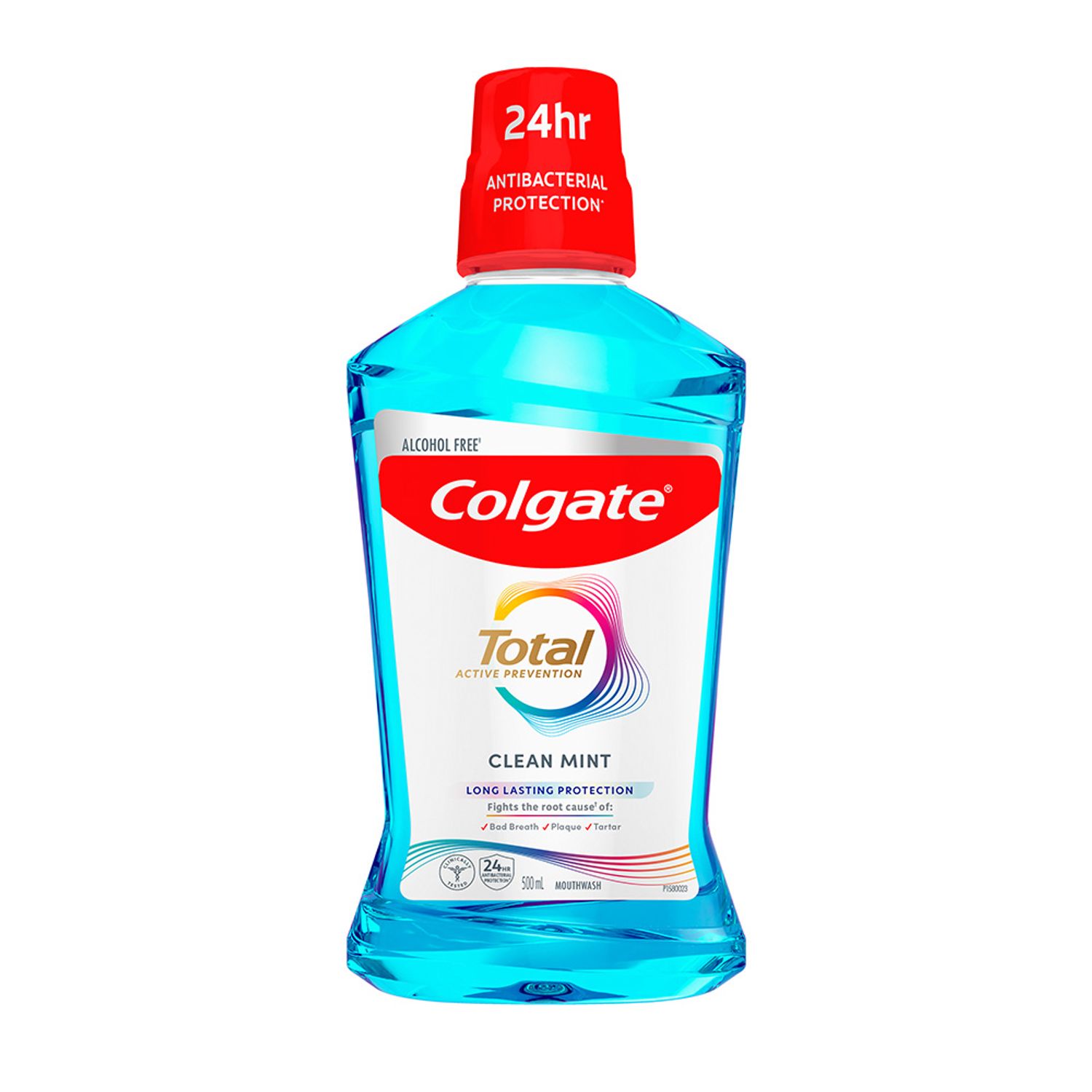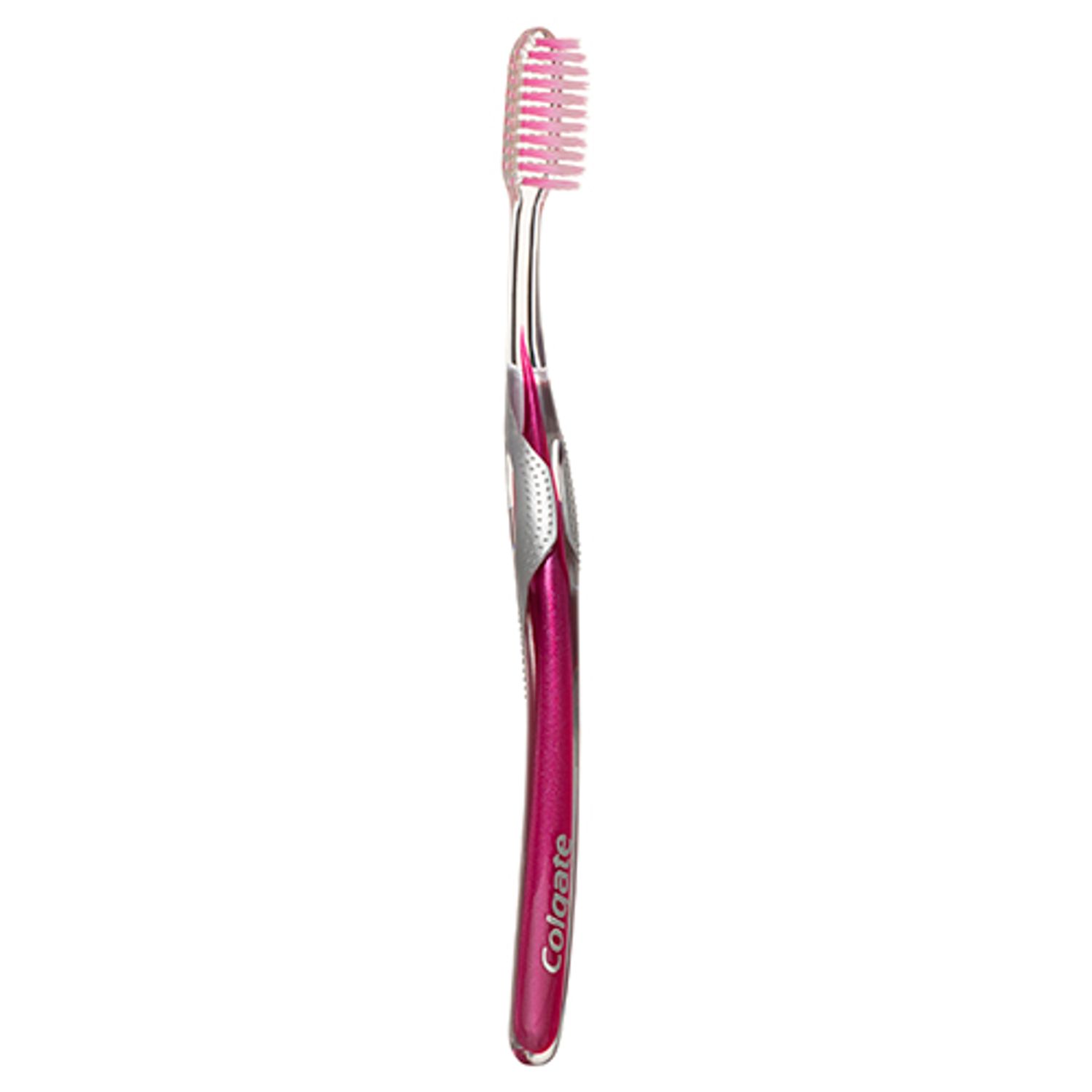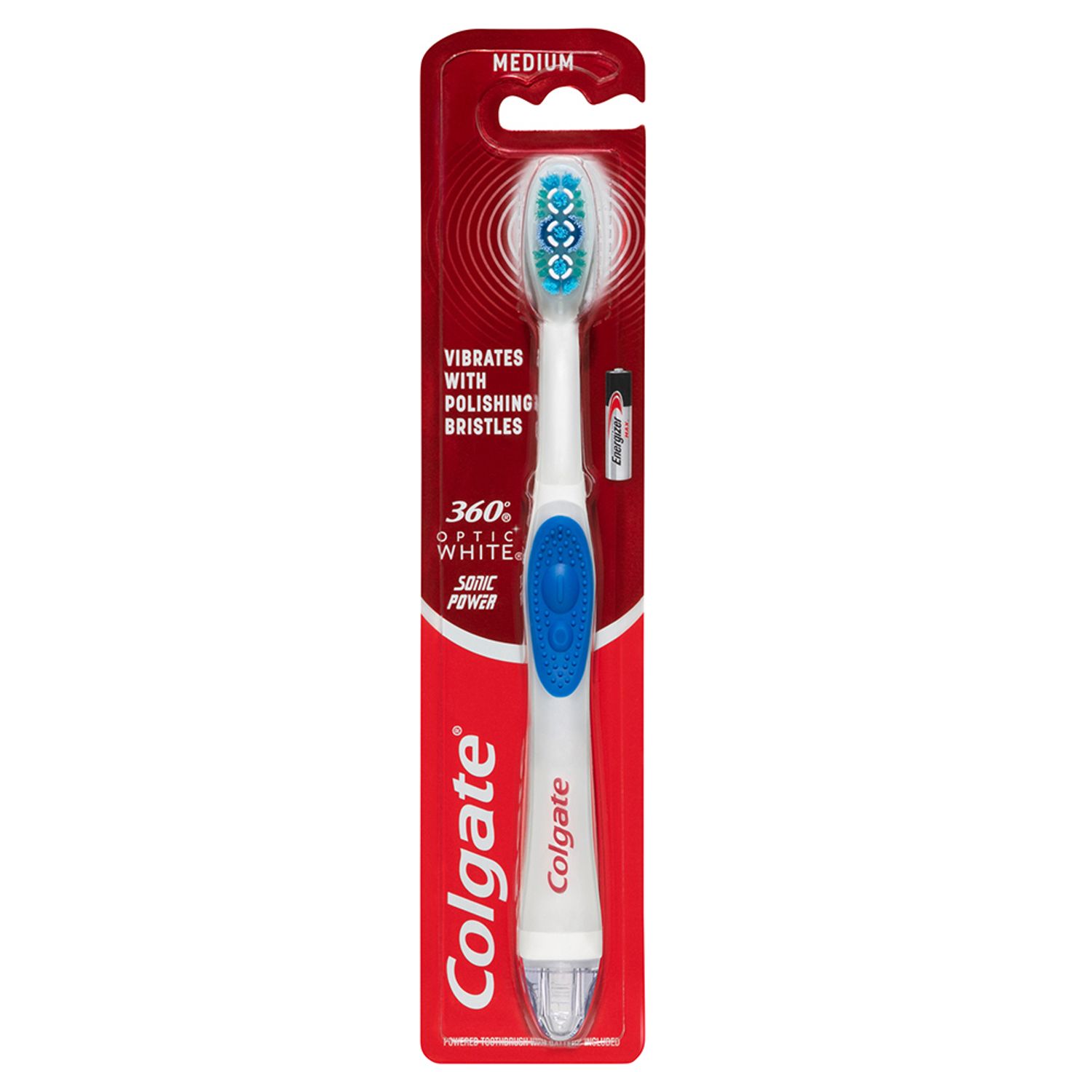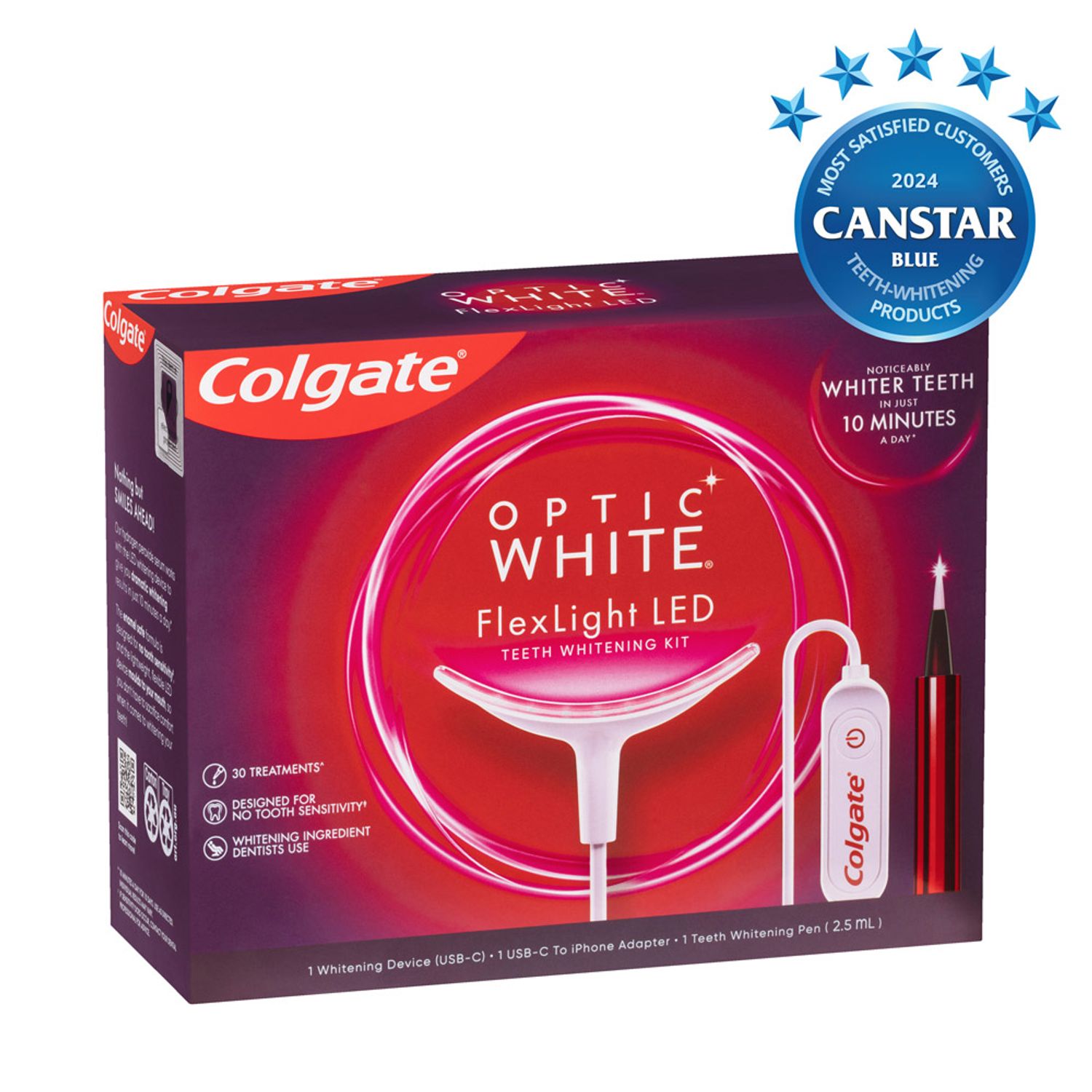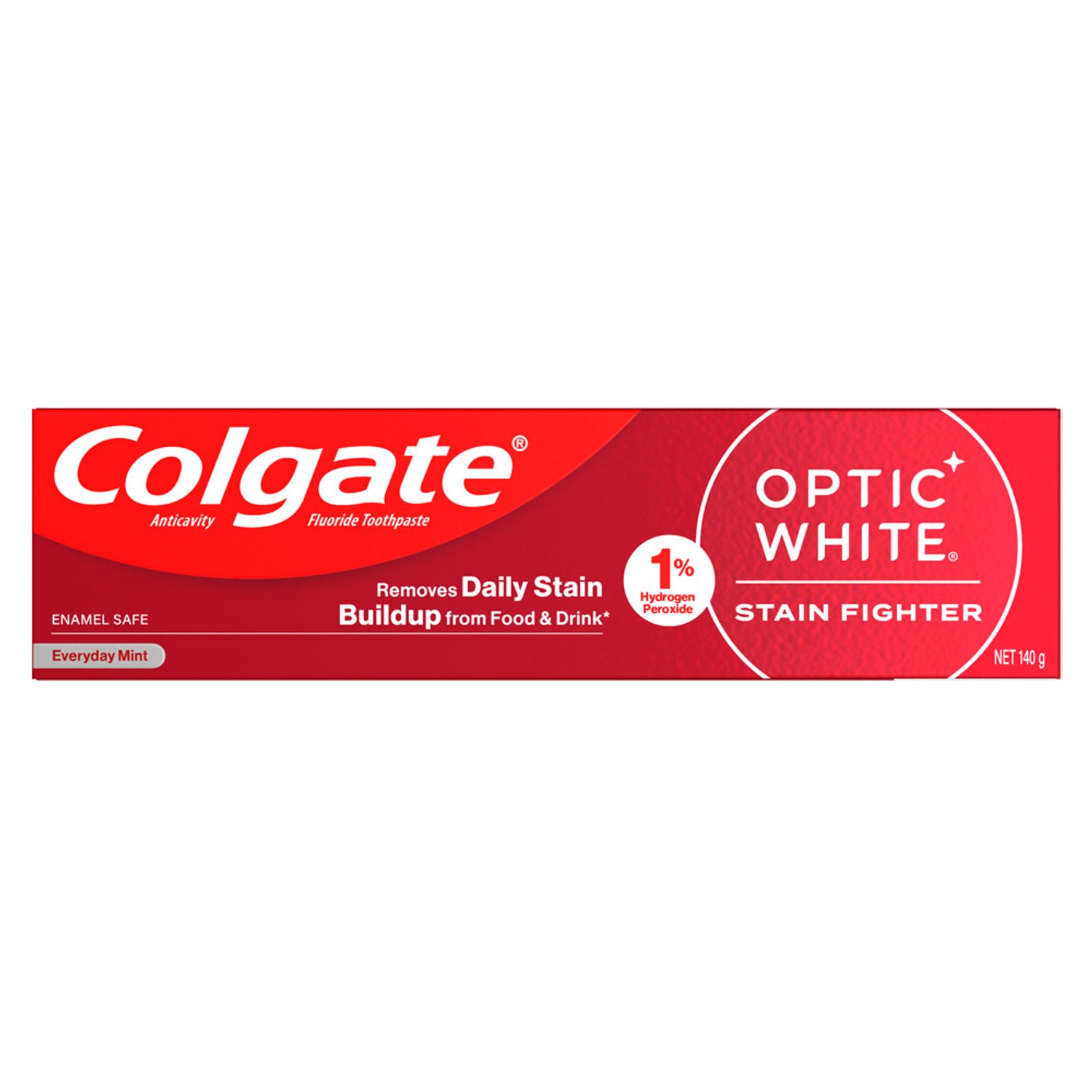-
-

BRUSHING & FLOSSING
How to BrushWhat Is the Right Way to Brush?
Proper brushing takes at least two minutes — that's right, 120 seconds!...

BRUSHING & FLOSSING
How To FlossWhat is the Right Way to Floss?
Proper flossing removes plaque and food particles in places where a toothbrush cannot easily reach... -
Science & Innovation
- Colgate® | Toothpaste, Toothbrushes & Oral Care Resources
- Oral Health
- What Is Trench Mouth?


One of the most painful types of gum disease is called acute necrotising ulcerative gingivitis, otherwise known as trench mouth. According to The Oxford English Dictionary, the nickname dates back to World War I, when soldiers were experiencing prolonged periods of trench warfare. Soldiers were under significant stress, many smoked and did not have time to take care of their teeth, nor did they have access to dental care, and so they often developed painful, ulcerated and bleeding gums as a result.
Who does trench mouth affect?
Trench mouth can affect anyone who does not practice proper mouth care though it is quite rare in nations with modern healthcare. It’s still sometimes seen particularly in younger people, possibly because they may be less likely to seek treatment until it becomes very painful. Other factors include, smoking, stress, a poor diet and a lack of knowledge about oral hygiene.
What other factors put a person at risk of trench mouth?
Trench mouth can be caused or exacerbated by factors such as a compromised immune system, a history of smoking, infections in the mouth, or existing health conditions like diabetes or HIV/AIDS. A history of gingivitis (gum disease), especially in combination with poor oral hygiene and missed dental appointments, can greatly increase the chances of developing this condition. Inadequate nutrition and dietary choices can also be contributing factors.
What are the symptoms of trench mouth and how is it diagnosed?
According to the Queensland Government, people with trench mouth may experience:
- Painful, yellow-white ulcers with a grey slough that bleed easily.
- A bad taste in the mouth.
- A sensation of the teeth being "wedged" apart.
- Flu-like symptoms, including swollen lymph glands, fatigue and fever.
With the above symptoms, a simple oral exam by a dental professional is enough to confirm a diagnosis of trench mouth. The first course of action is usually to thoroughly clean the teeth and gums, but the dental professional might also prescribe antibiotics or antibiotic rinses. As cleaning can be quite uncomfortable for somebody suffering from trench mouth, pain relievers and rinses might also be provided during the procedure to ease the discomfort.
Once this painful condition has been treated, regular visits to a dental professional and thorough oral hygiene can prevent it from occurring again and help to ensure a lifetime of healthy gums.
Related Articles


Electric or Manual Toothbrushes, which one is better? Learn their differences, considering their effectiveness in dental health and oral hygiene.

Gingivitis is the first stage of gum disease. Knowing the warning signs can help you treat it quickly and prevent more serious issues. Learn more here.
This article is intended to promote understanding of and knowledge about general oral health topics. It is not intended to be a substitute for professional advice, diagnosis or treatment. Always seek the advice of your dentist or other qualified healthcare provider with any questions you may have regarding a medical condition or treatment.
Related Products

Helping dental professionals
More professionals across the world trust Colgate. Find resources, products, and information to give your patients a healthier future

